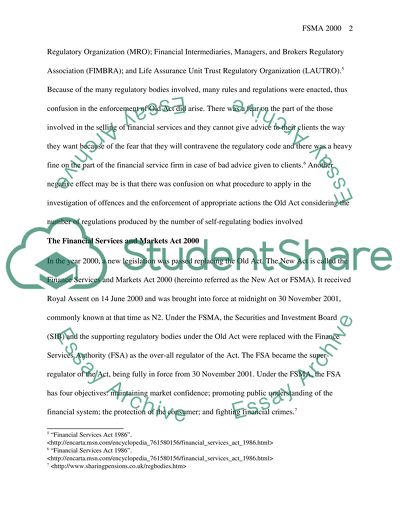Cite this document
(“Financial Services Law Essay Example | Topics and Well Written Essays - 2250 words”, n.d.)
Retrieved from https://studentshare.org/miscellaneous/1526298-financial-services-law
Retrieved from https://studentshare.org/miscellaneous/1526298-financial-services-law
(Financial Services Law Essay Example | Topics and Well Written Essays - 2250 Words)
https://studentshare.org/miscellaneous/1526298-financial-services-law.
https://studentshare.org/miscellaneous/1526298-financial-services-law.
“Financial Services Law Essay Example | Topics and Well Written Essays - 2250 Words”, n.d. https://studentshare.org/miscellaneous/1526298-financial-services-law.


